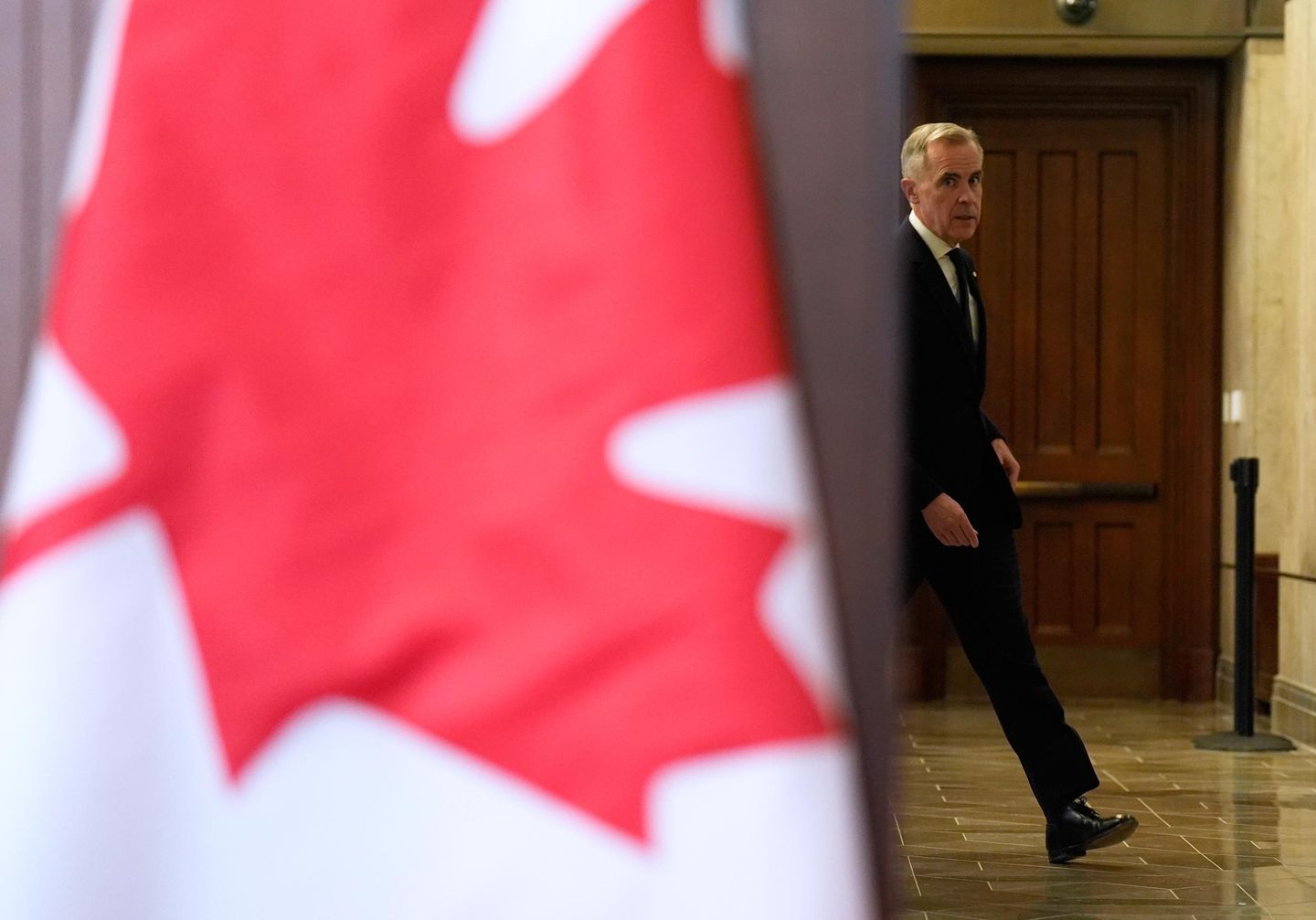
Prime Minister Mark Carney announced Thursday that Canada will impose matching 25% tariffs on vehicles imported from the United States, a direct response to President Trump’s auto tariffs that took effect the same day.
“We take these measures reluctantly. And we take them in ways that is intended and will cause maximum impact in the United States and minimum impact in Canada,” Carney stated, revealing he had informed Trump of this retaliatory plan during a recent phone call.
Unlike the U.S. approach, Canada deliberately avoided placing tariffs on auto parts to protect the integrated nature of North American auto manufacturing, where components frequently cross borders multiple times during production.
The impact is already being felt across the Canadian auto sector. Stellantis temporarily shut down its Windsor assembly plant, affecting 3,600 workers whom Carney had met with just last week. The automotive industry represents Canada’s second-largest export sector, directly employing 125,000 Canadians and supporting nearly 500,000 additional jobs in related industries.
In preparation for these challenges, the Canadian government established a CA$2 billion ($1.4 billion) “strategic response fund” to protect auto workers affected by the tariffs. This comes in addition to Canada’s existing CA$30 billion (US$21 billion) in retaliatory tariffs on American products ranging from orange juice and peanut butter to motorcycles and paper products.
Carney, who suspended his election campaign to address this crisis, warned that additional U.S. tariffs on pharmaceuticals, lumber, and semiconductors may be forthcoming.
“Given the prospective damage to their own people, the American administration should eventually change course,” Carney said, though he cautioned that this realization might take time.
Opposition Conservative leader Pierre Poilievre offered an alternative approach, suggesting the removal of federal taxes on Canadian-made vehicles, while Ontario Premier Doug Ford described Canada’s tariff response as “measured.”
The former central banker emphasized that Trump’s trade actions will have widespread consequences: “They are all unjustified and unwarranted and in our judgment misguided.”
Read more: Canadian prime minister says Canada will match U.S. auto tariffs
This article is written with the assistance of generative artificial intelligence based solely on Washington Times original reporting and wire services. For more information, please read our AI policy or contact Ann Wog, Managing Editor for Digital, at awog@washingtontimes.com
The Washington Times AI Ethics Newsroom Committee can be reached at aispotlight@washingtontimes.com.








